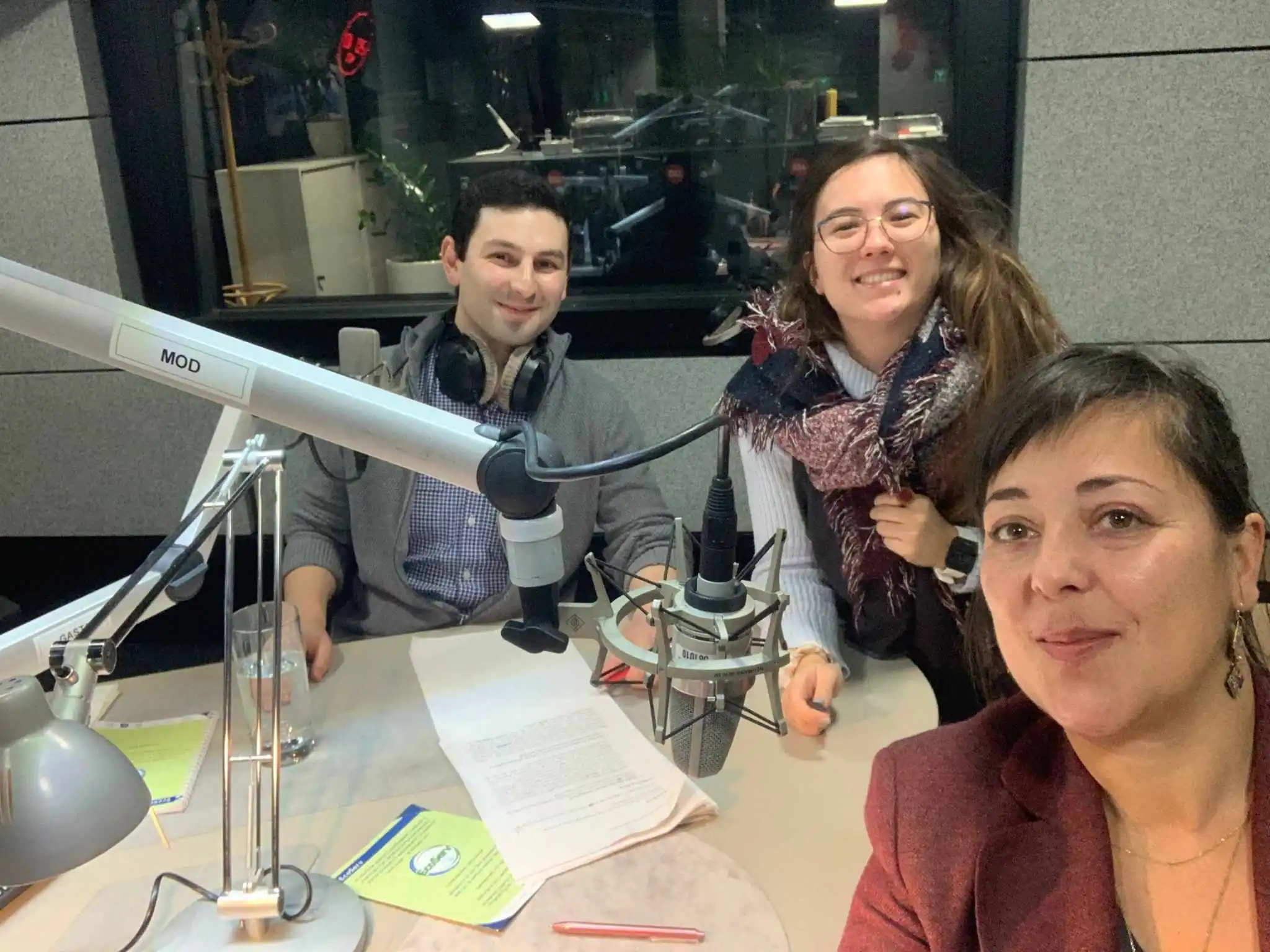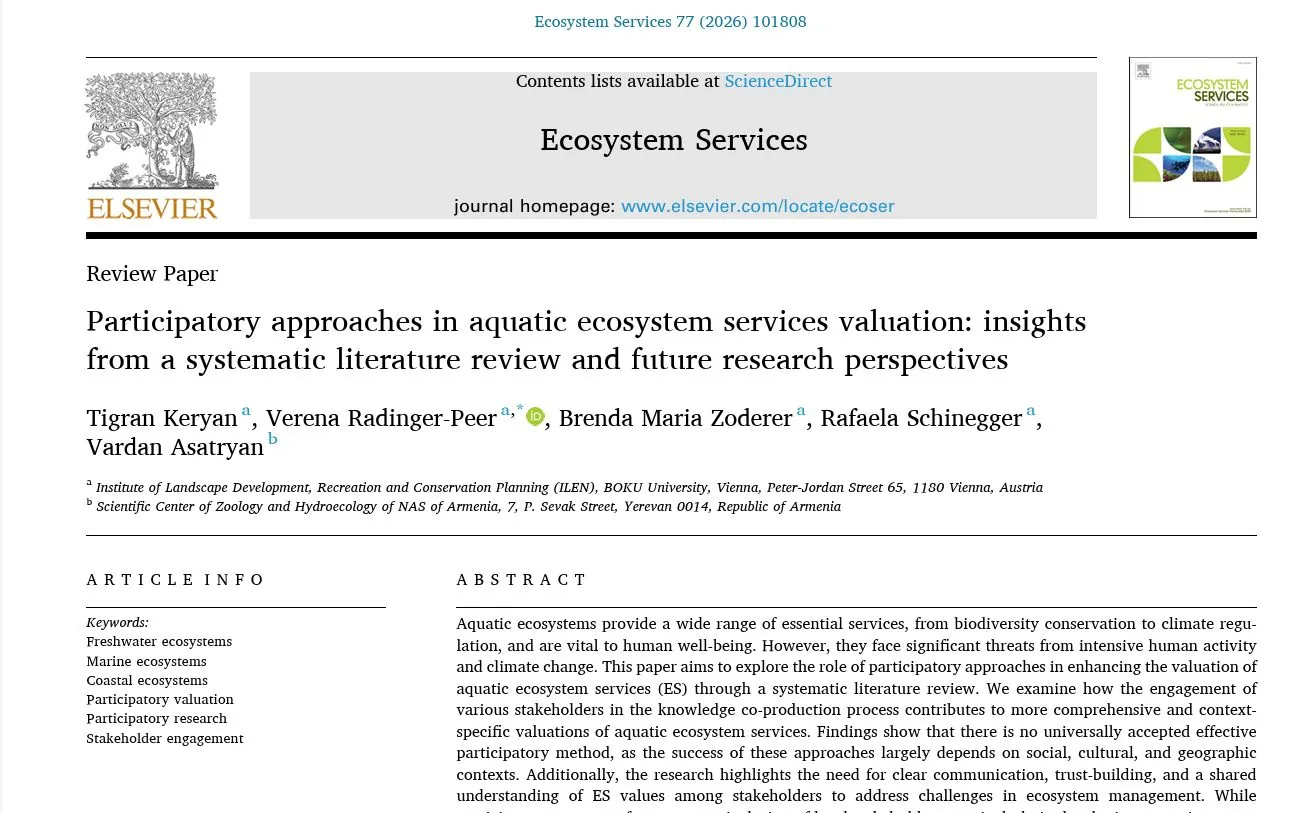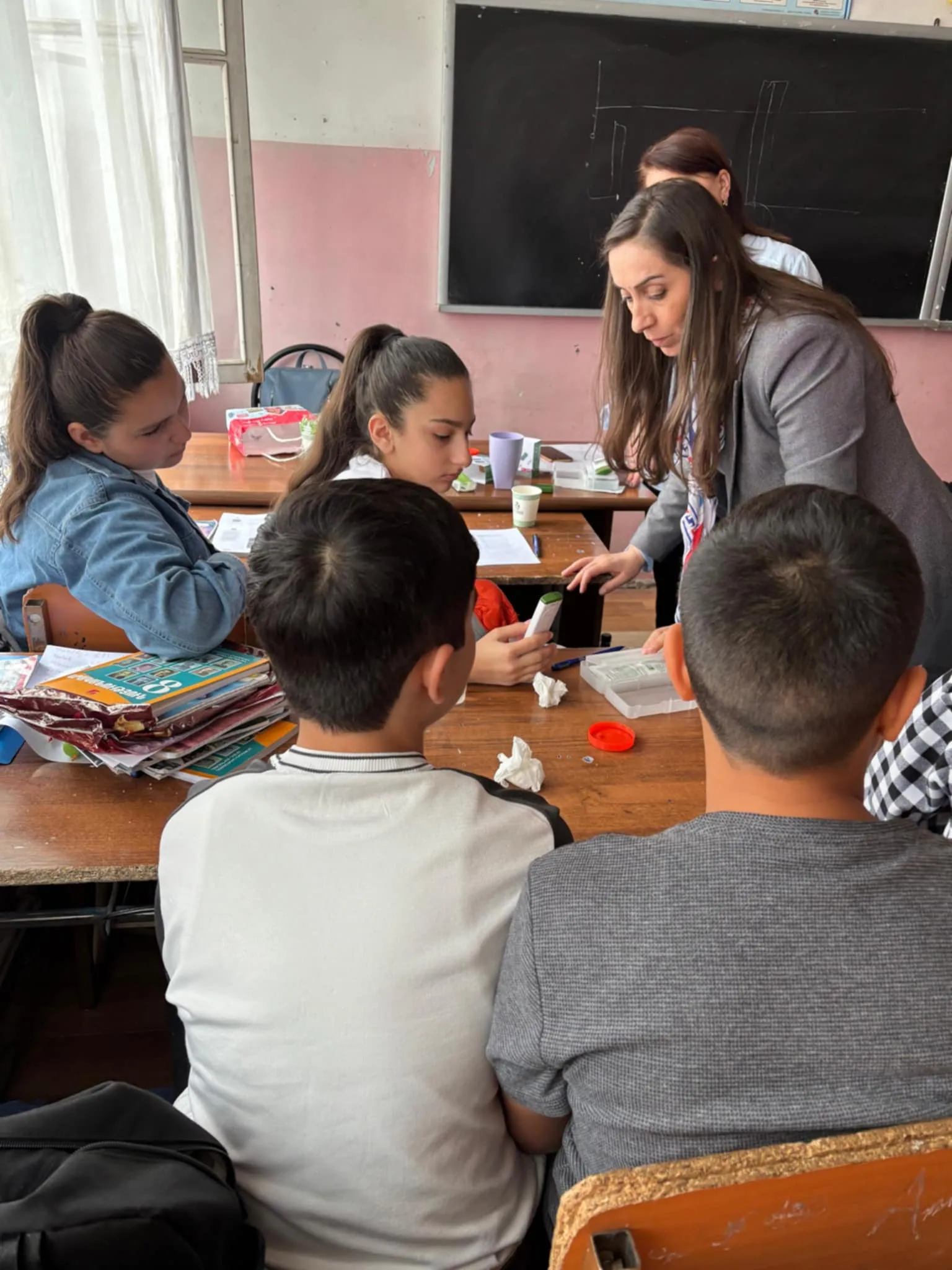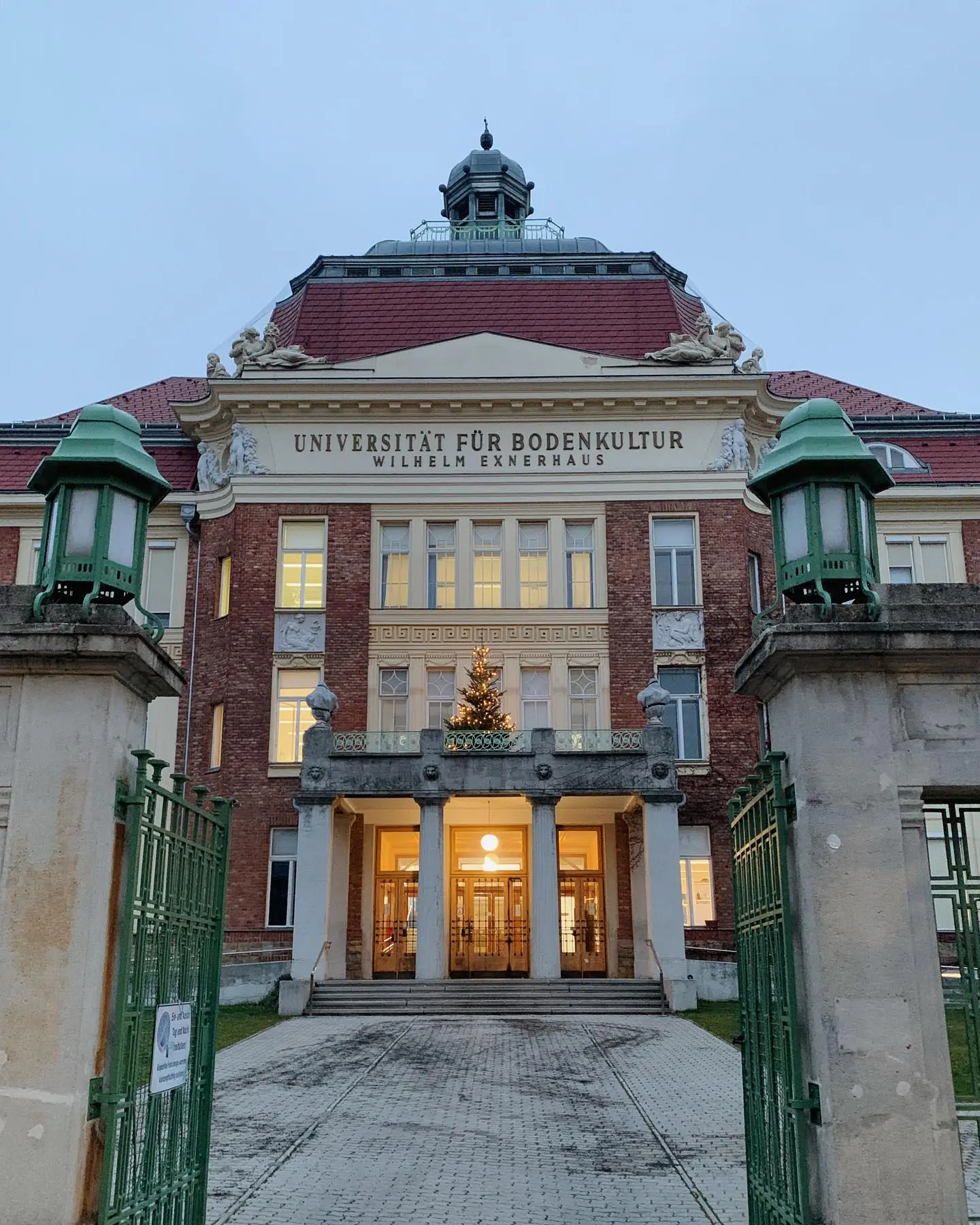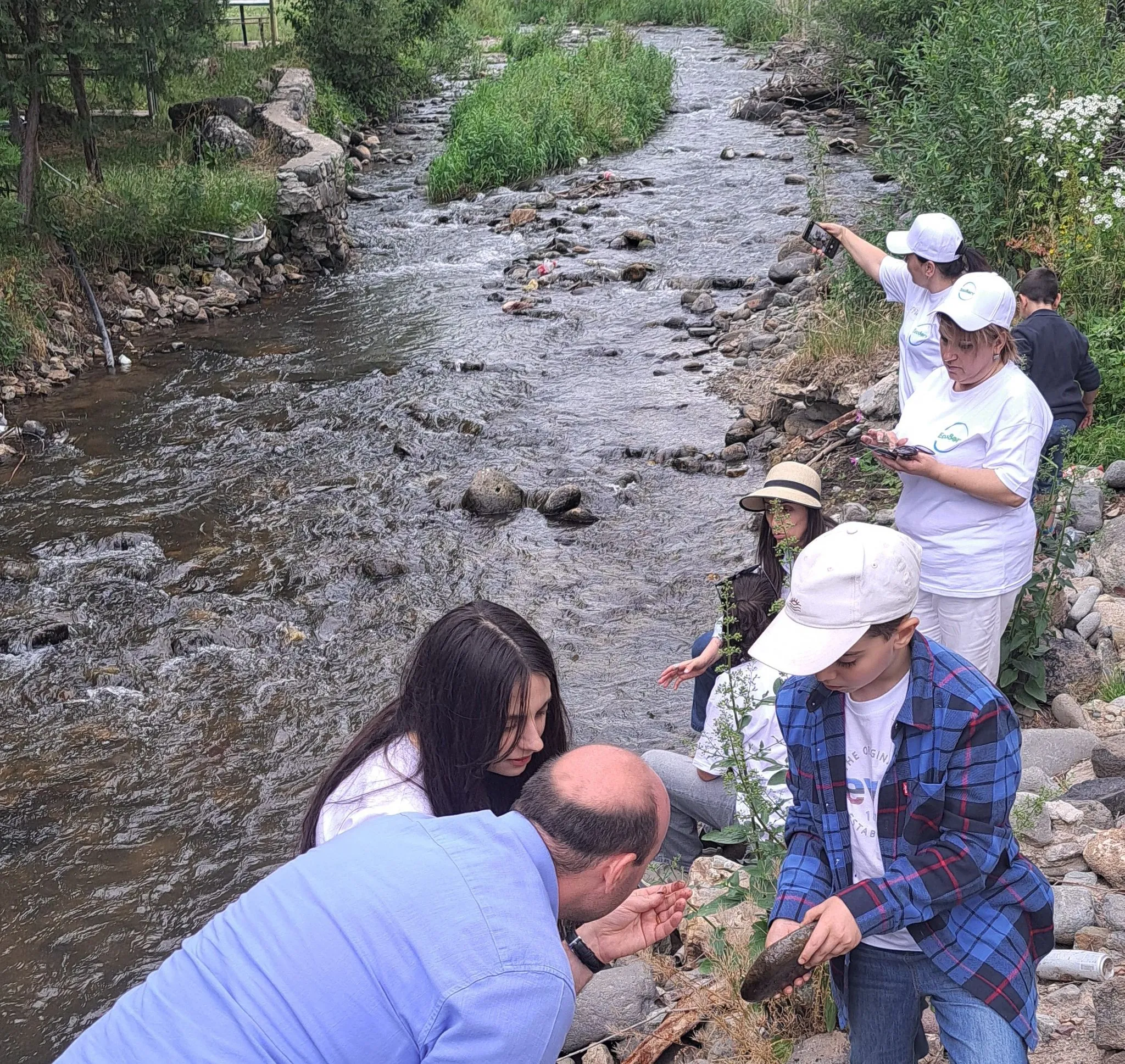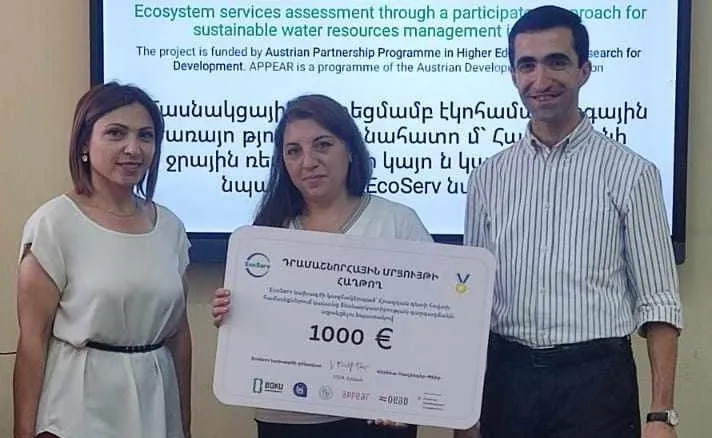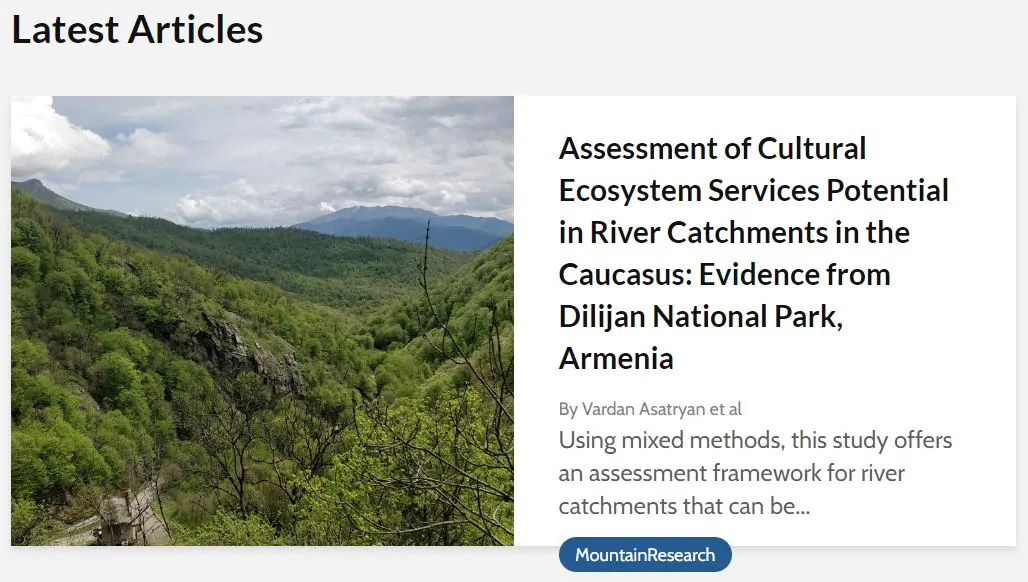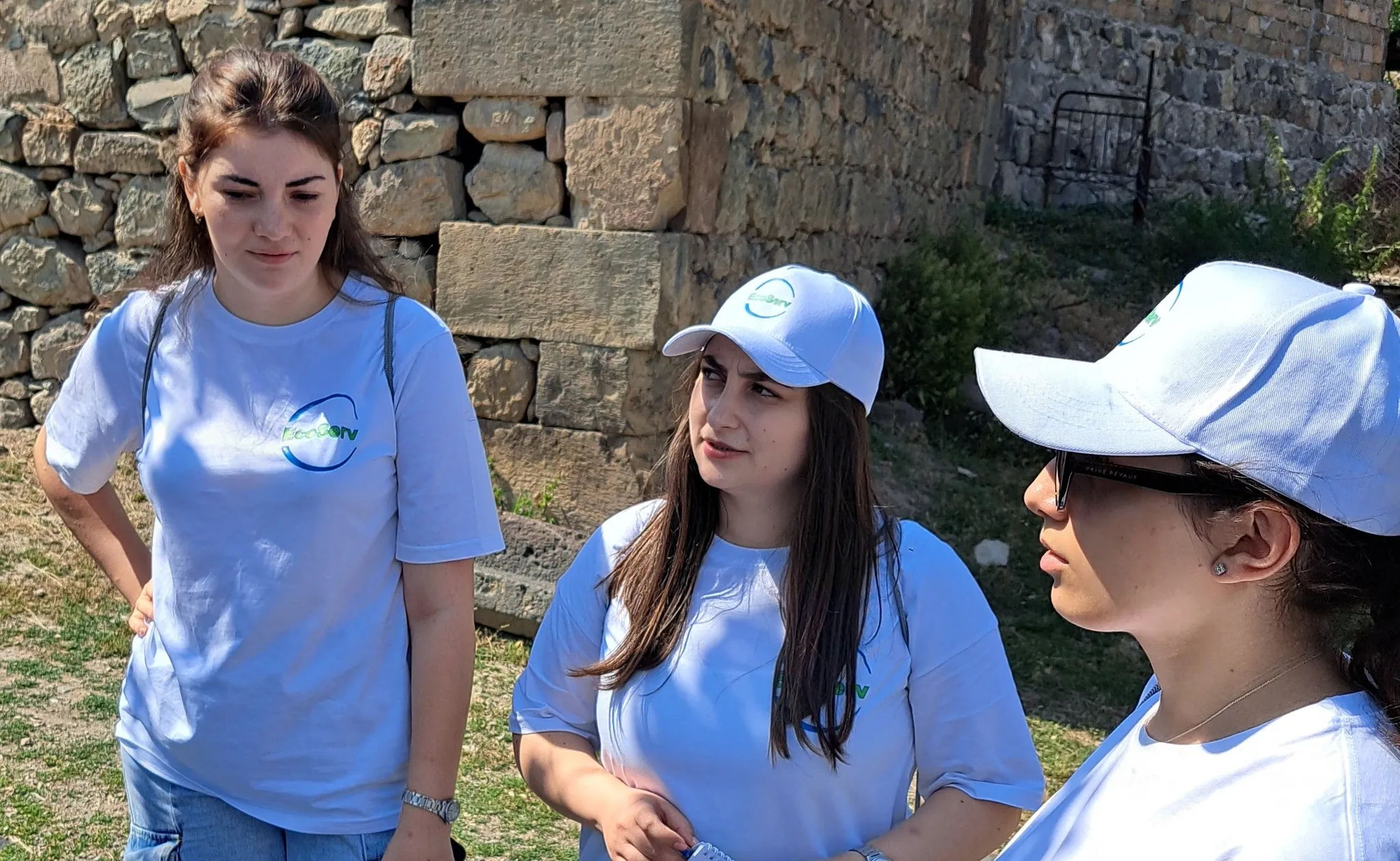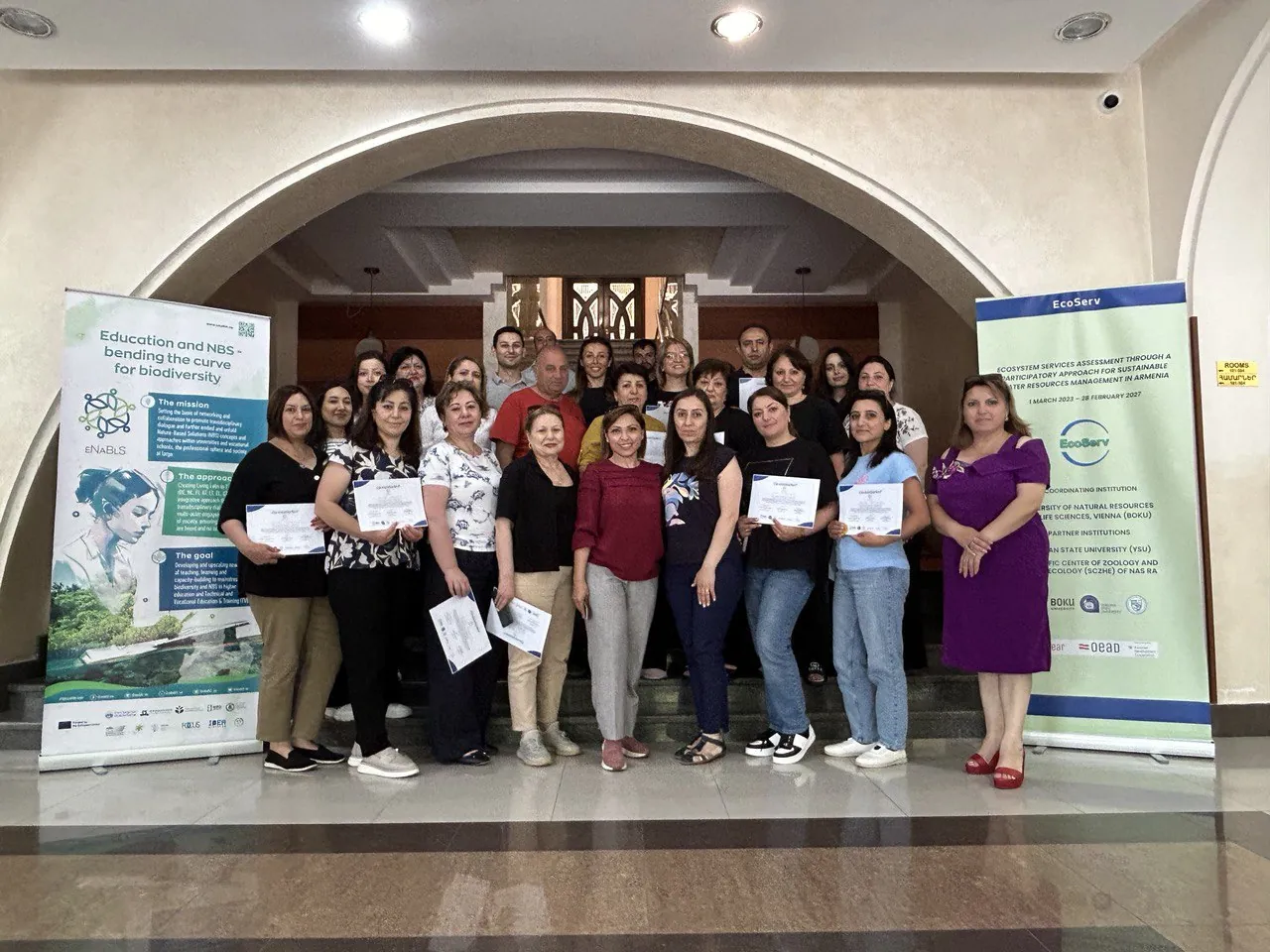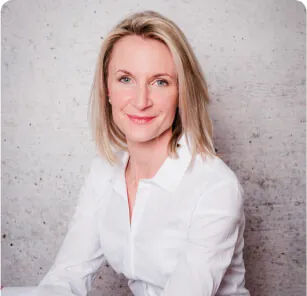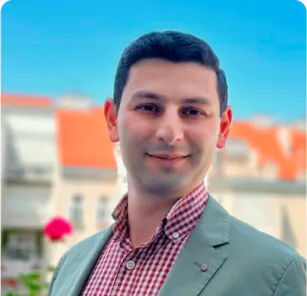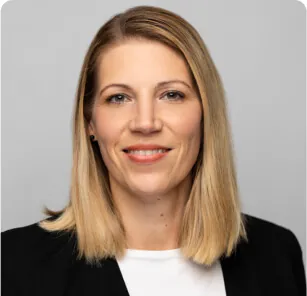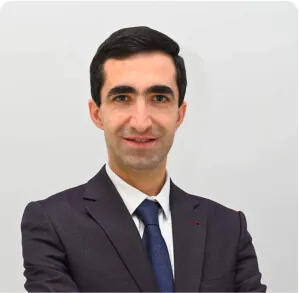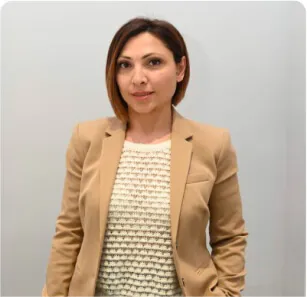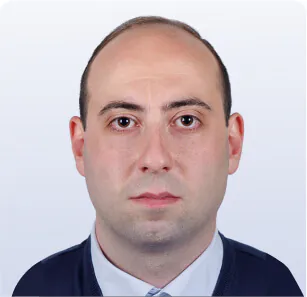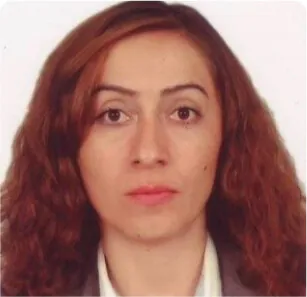Armenian aquatic ecosystems have a high level of vulnerability, in part due to high density of population in the drainage basins, lack of water treatment plants and global climate change. The World Resources Institute classified Armenia in the group of countries experiencing high baseline water stress. This has a major impact on local agricultural communities as sustainable yields are highly dependent on irrigation. Moreover, physical scarcity of water threatens energy security as the role of hydropower increases in Armenia. Along with the aridity, the pressure on the tributaries of the biggest freshwater reservoir in the Caucasus – Lake Sevan – also rises and some of the rivers dry up during the irrigation season. All these trends affect the livelihoods of local communities and the sustainability of the environment. Furthermore, a lack of legislation and education in the management of Ecosystem Services (ES) in Armenia poses more challenges for both the decision-makers and local stakeholders.
The EcoServ project aims to:
- develop the capacities of YSU and the SCZHE for the assessment of ES;
- develop an ES management module for BA and MS degree students at the Department of Management and Business of YSU;
- develop an ES service framework for Armenian wetlands that will be provided to local communities, the Ministry of Environment and the Ministry of Territorial Administration and Infrastructure of Armenia.
The EcoServ Project Team had two interviews with Austrian Radio Welt im Ohr. The first interview (in English and German) presented the main challenges facing Armenia’s aquatic ecosystems and how the EcoServ project aims to address these challenges: https://weltimohr.podigee.io/196-bereit-fur-den-klima-wandel-armenisch-osterreichische-forschungskooperation
The second interview, presented by EcoServ BOKU team member Tigran Keryan (in German), discussed the opportunities that Austrian cooperation projects can provide for building capacity within the Armenian academic system and partner institutions: https://weltimohr.podigee.io/200-forschungskooperation-zwischen-armenien-und-osterreich
A huge thanks to Moderator Maiada Hadaia for the engaging and exciting interview.
